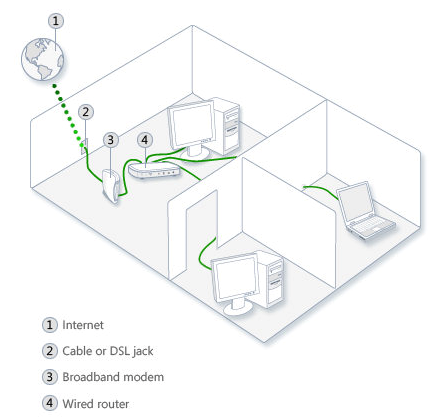how to play Internet Spades game in computer
Internet Spades: how to play
Invented in the United States in the 1930s, Spades remains one of
the most popular trick-taking card games—and ideal for online play.
Internet Spades: Rules and basics
The object
Spades is a partnership game. Your team wins when either (a) it
has 500 points, or (b) the opposing team reaches negative 200
points.
The table
Spades is played with four players and a standard 52-card deck.
Players—dubbed Gold 1, Blue 2, Gold 3, Blue 4—work in paired teams. At the start
of play, each player receives 13 cards.
In Spades, cards are ranked from lowest (2) to highest (ace).
The spades suit is always trump, which
means a spade beats a card from any other suit. For example: the 2 of spades
wins against the ace of hearts.
How to play
Bidding
Internet Spades begins with a single round of bidding. The goal of bidding is to correctly predict the
number of tricks you'll win that hand. (A trick
comprises all the cards played during a single round.)
To choose your bid, simply click a number in the bidding window.
You can bid from 0 to 13 tricks. A bid of zero is called a Nil bid. If successful, it can earn you and your partner
major bonus points (or penalty points if it fails).
The combined bids of each team create a contract. The goal of Spades is for each team to fulfill,
or make, its contract. Remember: it's not your own
bid but your team's that really counts.
A contract that isn't fulfilled is called a set contract. Set contracts are penalized at the end of the
hand.
Finally, in Internet Spades there's also a bidding option called
Double Nil. It's only offered at the start of a hand
and before you've seen your cards. It works just like Nil—you're pledging not to
take any tricks—but rewards you with double the points if
successful.
Winning tricks
Once everyone has bid, play begins. The player to the dealer's
right goes first, and play proceeds clockwise. An arrow indicates whose turn it
is.
To play a card, double-click it with your mouse. You can also
click a card once and then click the Play button.
Players who lead off each trick can play any card—with one
exception: A spade can't be played until spades have been broken (that is, until someone has played the card during
the hand). Each player must follow suit. So, for example, if Gold 1 plays a 2 of
hearts, everyone else must also play a heart.
If a spade is played, it wins the trick. (If multiple spades are
played during a trick, the highest spade wins.) If no trump cards are played,
the trick goes to the highest card of the suit led. So, in the preceding
example, an ace of hearts would take the trick.
Scoring
The hand is scored after all 13 tricks have been played. Each
trick is worth 10 points. If a team doesn't fulfill its contract, it's penalized
by the entire value of the contract. So a bid of 6 tricks could either win or
lose a team 60 points, depending on the outcome.
To see the score, click the Show Score
button.
If a team wins more tricks than it bid, it receives the value of
the contract, plus one point per overtrick. As a
penalty, the team also receives one "bag" point per overtrick.
A bag point has no value. However, accrue 10 bag points and the
team is penalized 100 points. (You'll see the running count of bag points for
the Blue and Gold teams in the upper-left corner of the table.)
A Nil bid is worth 100 points. A Double Nil bid is worth 200
points. If you bid Nil or Double Nil and take one or more overtricks, you'll be
assessed a 100- or 200-point penalty, respectively. You also accumulate one bag
point for each overtrick.
Hints and tips
-
Give 'em a nudge. Is your opponent intentionally stalling, or slowing down the game hoping to make you quit? Watch for the Nudge button to appear. By clicking it, you'll force the other player to make a move, or be disconnected from the game.
-
Watch your partner. If your partner starts throwing away high cards ("ducking tricks"), it might be to avoid getting stuck with overtricks and bag points. But if your partner plays a high card which then gets trumped by an opponent, you might need to help cover some tricks.
-
Horde trumps. Having lots of trump cards means you'll have extras after other players have run out, and this may result in extra tricks you can take. Remember: the Ace of Spades is a guaranteed trick.
-
Ace in your pocket. Aces in other suits are also likely to take tricks, especially if played in the first round of that suit. Once a few rounds have gone by, players are more likely to be out of that suit, and can then play trump.
-
Take one for the team. If your partner bids Nil, you'll have to take all the tricks for your team. Lead with high cards. If your partner runs out of a particular suit, lead with that suit to give your partner a chance to ditch high cards from other suits.
-
Know your Nils. If an opponents bids Nil, lead low to force the player to take a trick and a penalty. Watch for suits the Nil player is out of, and avoid those. Whenever possible, deny the Nil player opportunities to discard high cards.
-
Refresh your memory. If you're forgotten which cards were played in the previous trick, click the Last Trick button to reveal them.



0 Comments